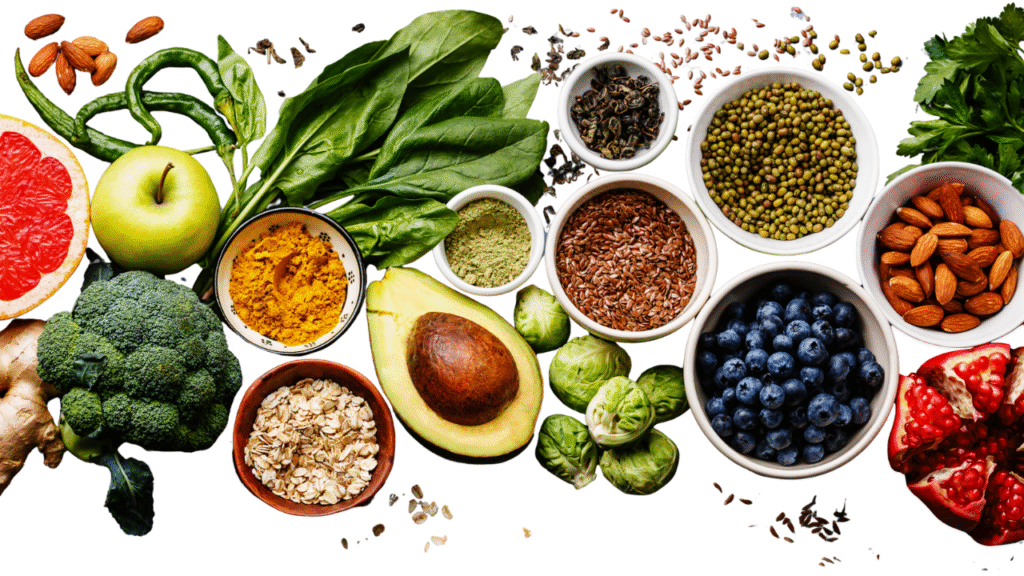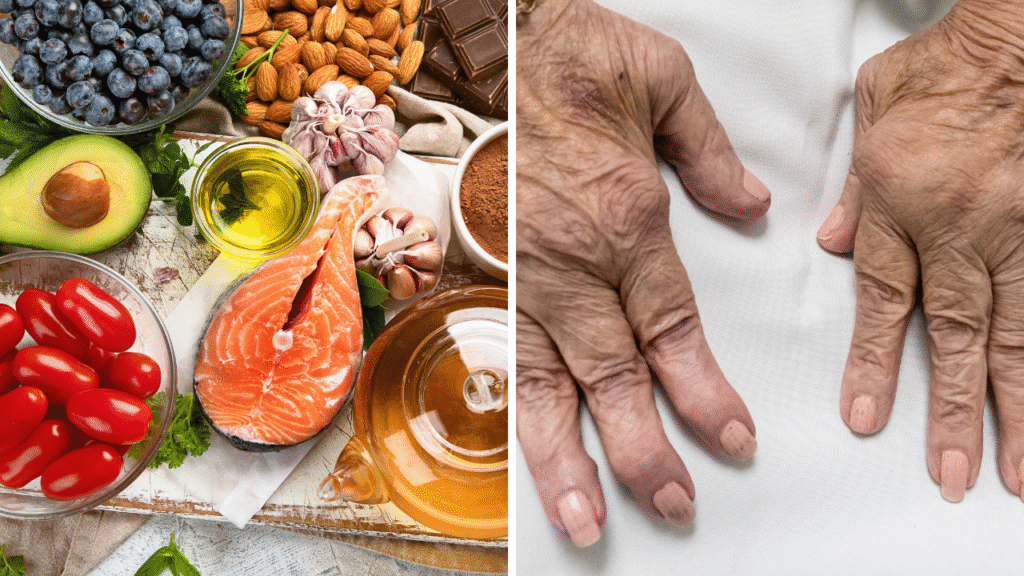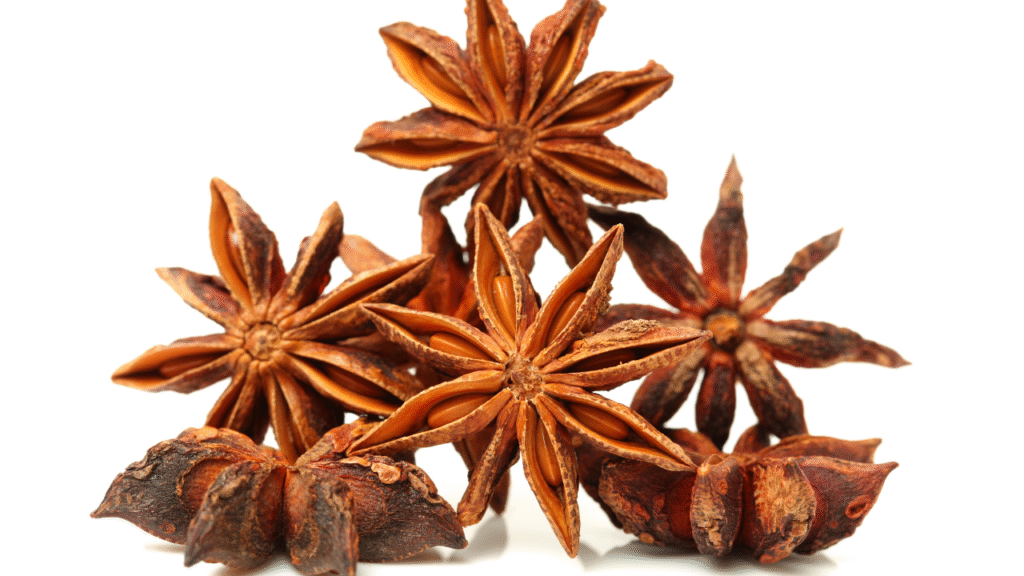Echinacea is a native North American coneflower. Typically, the leaves have a rough texture, hair, and uniseriate trichomes (1-4 rings of cells), but they can be hairless at times. Nine known species of Echinacea are native to North America.
Archaeologists have discovered evidence that native Americans have been using Echinacea as a traditional herbal remedy for over four centuries. Polysaccharides and glycoproteins, according to researchers, are two chemicals that boost your body’s immune system. Its most common application is to shorten the duration of common seasonal conditions such as the flu and cold.
For hundreds of years, echinacea has been used to treat colds, coughs, bronchitis, upper respiratory infections, and diseases that cause inflammation. However, its efficacy needs more research. According to a study, both the plant and its active components affect the phagocytic part of the immune system.
Health Benefits
1. For Cold and Flu
Echinacea can stimulate the immune system, which helps protect us from common conditions like the flu and cold. Studies show that taking it as soon as possible can help relieve many familiar symptoms, including runny nose, fever, and sore throat. However, while Echinacea may help treat colds, it is not proven that it will make your cold go away faster.
2. Immune System Boost
This plant may aid your immune system in fighting infections and viruses, allowing you to recover faster from illness. In a three-day study of six adults, echinacea extract reduced inflammation and increased the production of molecules that fight infection.
Echinacea shortens the duration of a common cold by nearly 1.5 days. Regular consumption can cut your chances of getting a cold by half. Ten days of taking ten milligrams of Echinacea per kilogram of body weight is effective as an immunity stimulant. Nonprescription cough and cold treatments cost Americans $2 billion per year. Echinacea is best known for its immune-boosting properties.
3. To prevent Inflamation
Scientists have discovered that taking Echinacea supplements can help to reverse and treat these harmful effects. Echinacea’s active chemical components have been shown to reduce inflammation and the pain associated with that irritation. Inflammation is your body’s natural defense and healing mechanism. Echinacea alleviates inflammation by inhibiting pro-inflammatory molecules and binding to the cannabinoid receptor.
Adults with osteoarthritis, for example, found that taking an echinacea extract supplement reduced inflammation, chronic pain, and swelling.
4. Infection Treatment
Echinacea can help you fight against many different infections. For example, some data shows that Echinacea can treat urinary tract infections, ear infections, and wounds or cuts that are slow to heal. In addition, it allows various immune-boosting compounds to build up and remain in the body, causing changes to the composition and the functioning of our immune system.
5. Skin Care
Native Americans traditionally used Echinacea to treat many skin complaints, including psoriasis, stings, bites, infections, and wound healing. The topical application of the herb may also help regenerate the cells because of its antioxidant qualities. Using skin products containing echinacea extracts may help to boost skin health. In a test-tube study, scientists found that the plant’s anti-inflammatory and anti-bacterial properties suppressed the growth of Propionibacterium, a common cause of acne. Unfortunately, Echinacea extract has a short shelf life, making it difficult to incorporate into commercial skin care products.
6. Relieves Upper Respiratory Issues
Echinacea has anti-inflammatory properties and can help boost the immune system. In addition, people often use it to relieve various respiratory problems such as sinusitis, diphtheria, croup, strep throat, whooping cough, and tuberculosis.
7. Pain Relief
The Great Plains Indians used Echinacea purpurea as a pain reliever. The dried herb can be taken orally or applied topically to relieve pain. In addition, the TRPV1 receptor, which influences our perception of pain and reduces inflammation, is inhibited by Echinacea extract.
8. Mental Health
It is believed that Echinacea can treat attention deficit disorder (ADD) in both children and adults. Those with ADD may show frequent symptoms of anxiety, depression, and social phobias—having a cup or two of Echinacea tea before bedtime may help you relax and sleep better. It is best to start with a low dose.
9. Cancer
Echinacea has been linked to cancer prevention because it stimulates the immune system to eliminate cancerous cells. Although some animal studies have yielded promising results, no human studies have confirmed its efficacy. Echinacea inhibits the growth of cancerous cells in the colon and pancreas. This impact is attributed to the immune-boosting effects of Echinacea. Unfortunately, many substances studied in cancer cells fail to advance to further animal studies or clinical trials due to safety or efficacy concerns.
10. It May Reduce Blood Glucose Levels.
Echinacea tea helps keep blood sugar levels in check. Thanks to its antioxidant properties, it prevents a spike in people with diabetes and a fall in hypoglycemic patients. In addition, Echinacea purpurea extract suppresses enzymes that digest carbohydrates. As a result, it decreases the quantity of sugar that enters the bloodstream when ingested.
11. Functions as a Laxative
According to Medical Herbalism, it has been shown to work as a mild laxative that provides constipation relief and a calming agent. However, to be safe, limit your tea to two cups a day, max, and take supplements as directed on their labels.
12. It May Reduce Feelings of Anxiety.
Anxiety is a common problem affecting nearly one in five American adults. Echinacea plants contain compounds that may reduce feelings of anxiety. In one mouse study, three out of five echinacea samples helped reduce anxiety. However, more research is needed before these products can be recommended as a possible treatment.
Forms
- fresh or dried, sometimes in teas
- as a dietary supplement, pills
- as a preparation to apply to the skin
- squeezed as juice
- as an extract in capsules
Uses
Based on the theory that it might boost the immune system to fight infection more successfully, People take the herb as a supplement for the common cold and other disorders. In addition, topical echinacea products have been recommended for treating wounds and skin issues.
Side effects
Echinacea is generally believed safe but can cause dizziness and nausea when taken in large doses. In addition, when injected can cause dry mouth, insomnia, fatigue, headache, vomiting, and muscle pain. Before taking Echinacea, consult your doctor if you have allergies or asthma. Some people have developed a rash after using it, which may result from an allergic reaction. However, Echinacea products appear to be safe and well-tolerated for short-term use.
Conclusion:
Echinacea may help slow the development and reduce the duration of upper respiratory viral infections, such as the common cold and influenza. In addition, there is proof that it can treat viral diseases or other illnesses. It has improved immunity, blood sugar, anxiety, inflammation, and skin health. It may even have anti-cancer properties, but more research is needed to confirm this.
Where to Buy
Shop on Amazon
- Amazon
- Product Resources
- Healthy Herbs and Spices
- Online
- Bulk Supplement
- Mountain Rose Herb
- Now Foods Herbal Products
DISCLAIMER OF MEDICINE
This information is not meant to provide medical advice or replace a personal physician’s advice or treatment. All readers of this information, especially those taking prescription or over-the-counter medications, should check with their doctors before initiating any nutrition, supplement, or lifestyle program. In addition, the statements and goods on this website have not been evaluated by the Food and Drug Administration.




